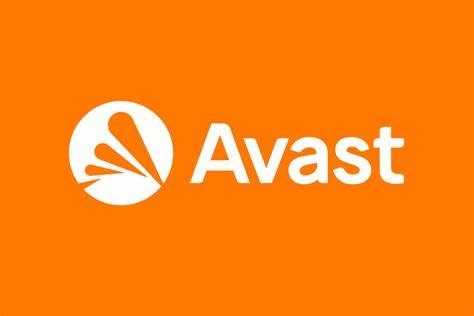On February 22, 2024, the Federal Trade Commission (“FTC”) published a press release regarding a settlement it had reached with Avast Antivirus computer software provider to pay $16.5 million and prohibit the company from selling or licensing any web browsing data for advertising purposes to settle charges that the company and its subsidiaries sold such information to third parties after promising that its products would protect consumers from online tracking. FTC Order Will Ban Avast from Selling Browsing Data for Advertising Purposes, Require It to Pay $16.5 Million Over Charges the Firm Sold Browsing Data After Claiming Its Products Would Block Online Tracking | Federal Trade Commission
In its complaint, the FTC says that Avast Limited, based in the United Kingdom, through its Czech subsidiary, unfairly collected consumers’ browsing information through the company’s browser extensions and antivirus software, stored it indefinitely, and sold it without adequate notice and without consumer consent.
The FTC also charges that Avast deceived users by claiming that the software would protect consumers’ privacy by blocking third party tracking, but failed to adequately inform consumers that it would sell their detailed, re-identifiable browsing data. The FTC alleged Avast sold that data to more than 100 third parties through its subsidiary, Jumpshot between 2014 and January of 2020.
Avast promised users that its products would protect the privacy of their browsing data but delivered the opposite… Avast’s bait-and-switch surveillance tactics compromised consumers’ privacy and broke the law.
– Samuel Levine, Director of the FTC’s Bureau of Consumer Protection
According to the complaint, not only did Avast fail to inform consumers that it collected and sold their browsing data, it also claimed that its products would decrease tracking on the Internet. For example, when users searched for Avast’s browser extensions, they were told Avast would “block annoying tracking cookies that collect data on your browsing activities” and promised that its desktop software would “shield your privacy. Stop anyone and everyone from getting to your computer.”
The Federal Trade Commission voted 3-0 to issue the administrative complaint and to accept the proposed consent agreement. FTC Chair Lina M. Khan joined by Commissioners Rebecca Kelly Slaughter and Alvaro Bedoya issued a statement on this matter.
If you are an Avast Antivirus software customer, you may qualify for a claim under California state privacy laws of up to $5,000.
Information Which May Have Been Shared Without Your Consent:
Currently, legal action is being initiated to try and determine whether Avast may have violated California’s data privacy laws by tracking and sharing the following information from its users and selling it to third party advertisers:
- Your Name;
- The Webpages (URLs) you visited; and
- Your IP Address.
If you have used Avast Antivirus software in the past year, you may qualify for compensation.

